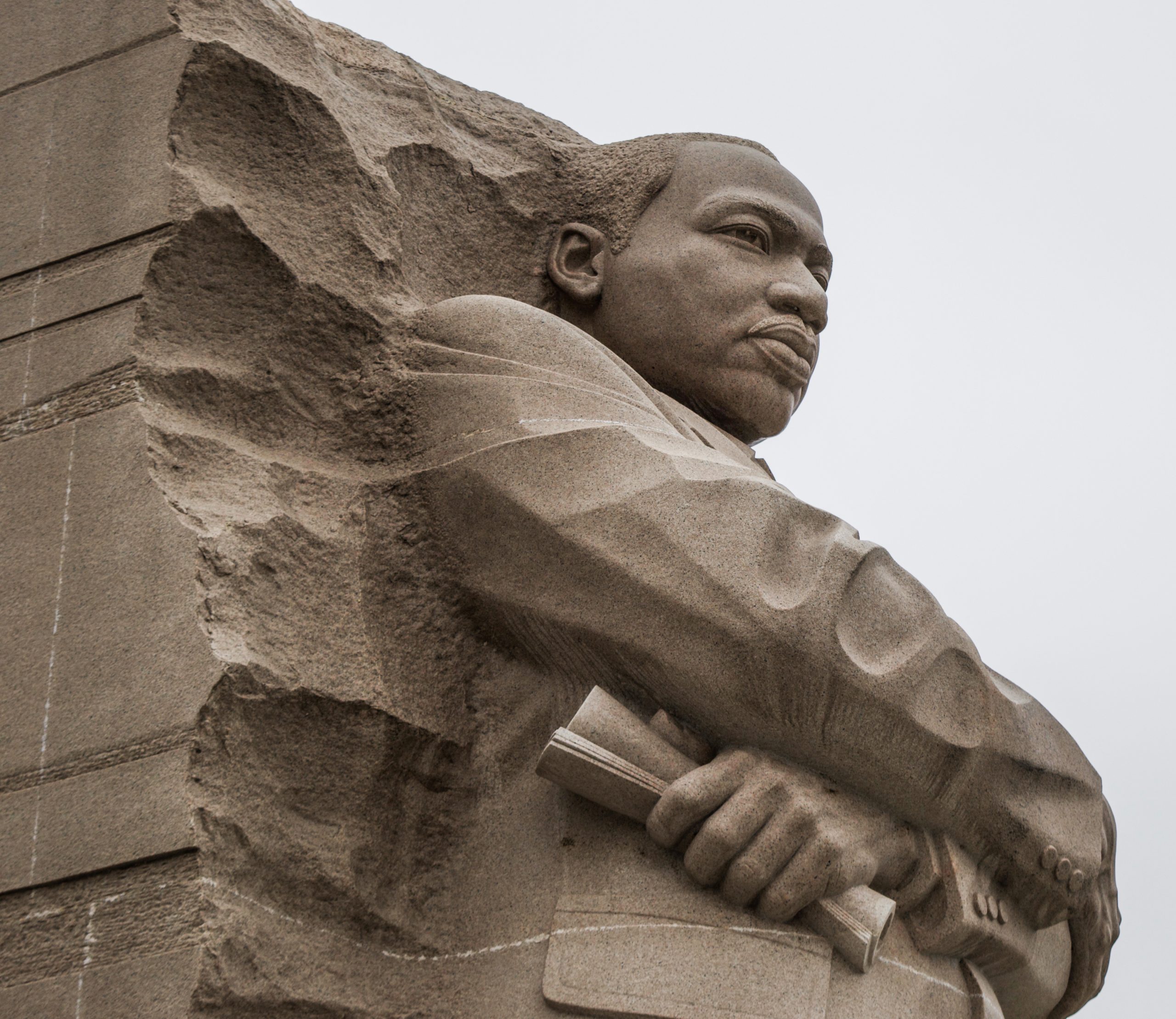I’m writing this as an Asian American pastor in the midwest to help churches, particularly non-minority majority churches to use as a foundational jump off point to serve their fellow American brothers and sisters oppressed by racism.
This is written in a Q&A style.
What can Christ-followers do to embrace our Asian neighbors in our communities and make the church a safe place?
I have three thoughts on this as it relates to the church’s (read: Christians) role in ministering mercy and upholding justice and it boils down to how we understand societal power and using it for change.
- First, Christians can’t be complicit in oppression by being passive spectators. If we see injustice, do something. When we look at church history, the legacy of Jesus’ church here on earth is that the people of God carried the burdens of the least of these (Matthew 25). Moreover, we have power and authority in the name of Jesus, so doing nothing but feeling sorry is a non-starter option, especially if we’re obedient disciple-makers (Matthew 28).
- Second, we need to repent, myself included, of the lack of concern and failures we have regarding the real issues of racism in our hearts. If we believe just because we’re not racist or work hard not to be racist and thereby assuming societal racism is not a real thing, well, that’s a sin. We need to repent because the root of that sin in society hasn’t been wiped away by God’s people.
- Third, God’s people must learn to lament with people of color when injustice occurs. Lamenting is empathy. When we can lament with the pains, suffering, and oppression of our fellow brothers and sisters, then and only then can we humble ourselves and pray, asking God to heal our land (2 Chronicles 7). Then we can move into action. Our actions might not be broad scale at first, but small seeds have a way of manifesting into large trees. Just ask the mustard seed.
How do we talk about diversity and race without being divisive?
Some people have asked this question. Here’s my three prong approach to talking about racial justice and diversity without causing division.
- Accept there will be conflict. As people of faith, we need to accept that talking about diversity will cause conflict. Of course it will. Conflict is an inherent part of interrupting the patterns of our behavior. Accepting that there will be conflict allows sharp disagreements without the stand-offish mentality that there is no winner in the discussion or debate. We want to foster debate and conversation in order for our minds to be renewed by the good news of Jesus, regardless of which side of the issue you stand on. When we confront sin, we find conflict, so why wouldn’t we expect conflict to be a natural byproduct of talking about societal issues of diversity and race?
- Second, commit to ongoing learning. Give yourself permission to be stretched by your learning and be transported into a panic zone (areas we are not familiar and have fight or flight instincts). When we’re open to learn even though there may be conflict, the more likely we are to grow and collaborate through conflict.
- Lastly, we need to find the common ground when we’re talking about diversity. Martin Luther King Jr said this in his sermon, “American Dream” this is just a bad paraphrase, he says, “we’re all made in the image of God, meaning we all have the capacity to be in fellowship with God. When we realize that, this gives a person uniqueness, worth, and dignity.” The common ground is we’re created in the image of God, ransomed by the blood of Jesus in faith. If we start there, then no matter what the topic, we will not find ourselves being divisive.

No responses yet